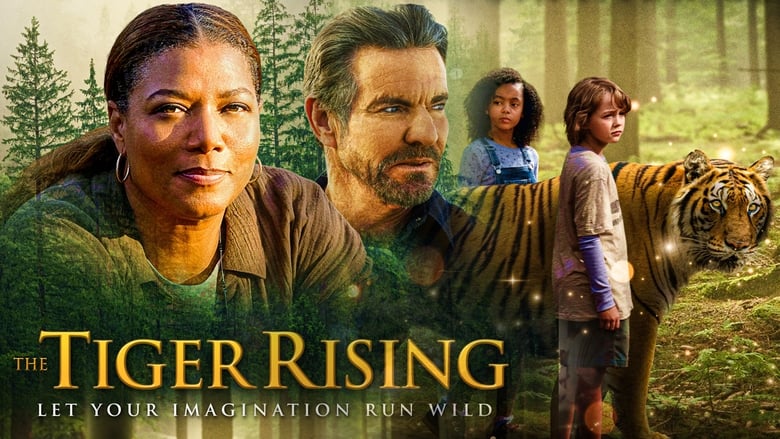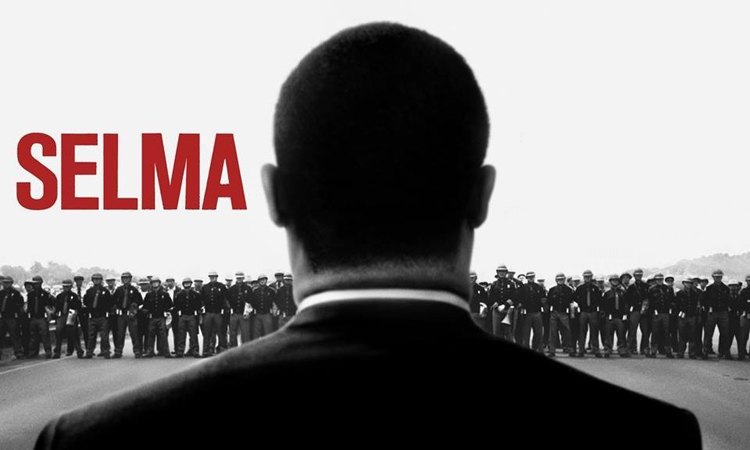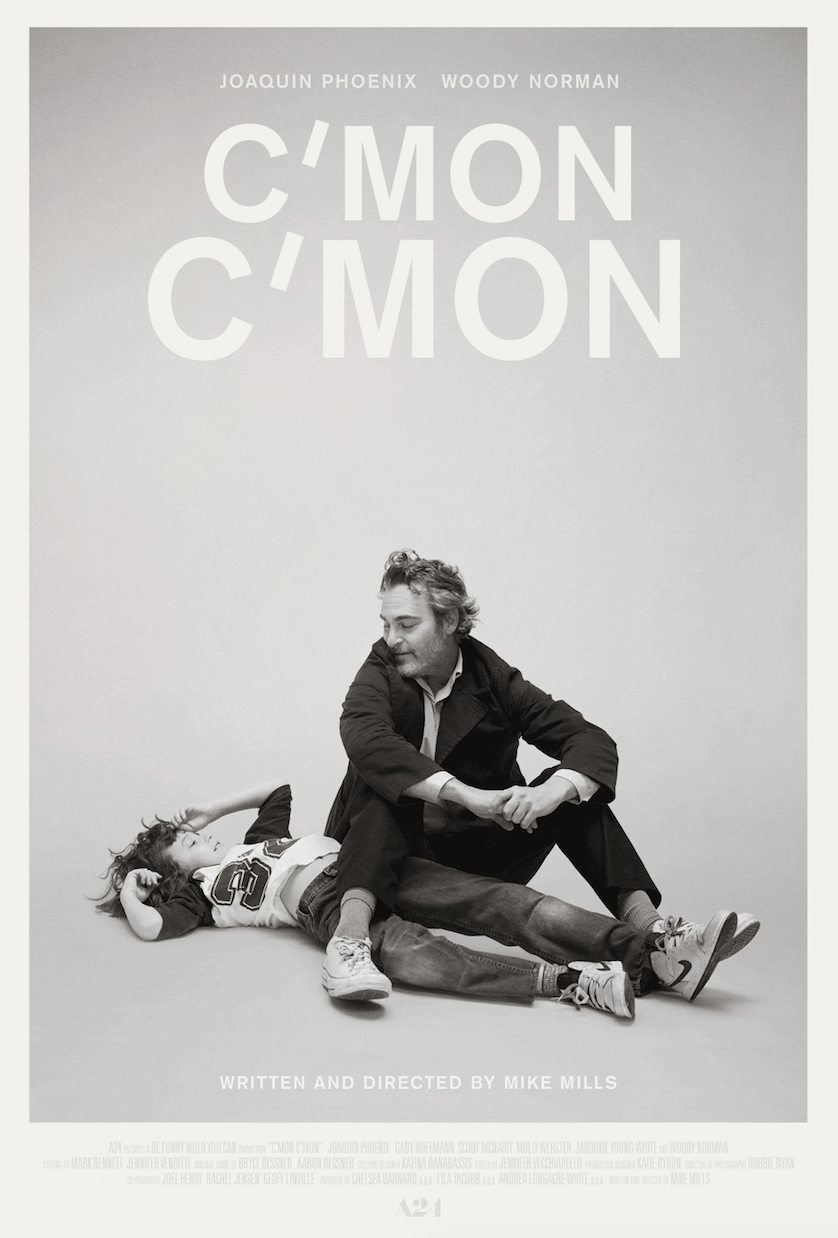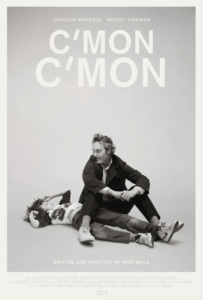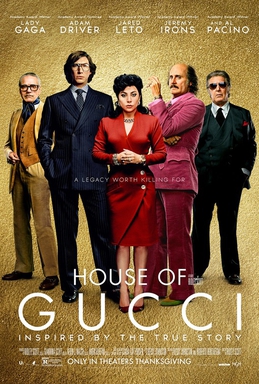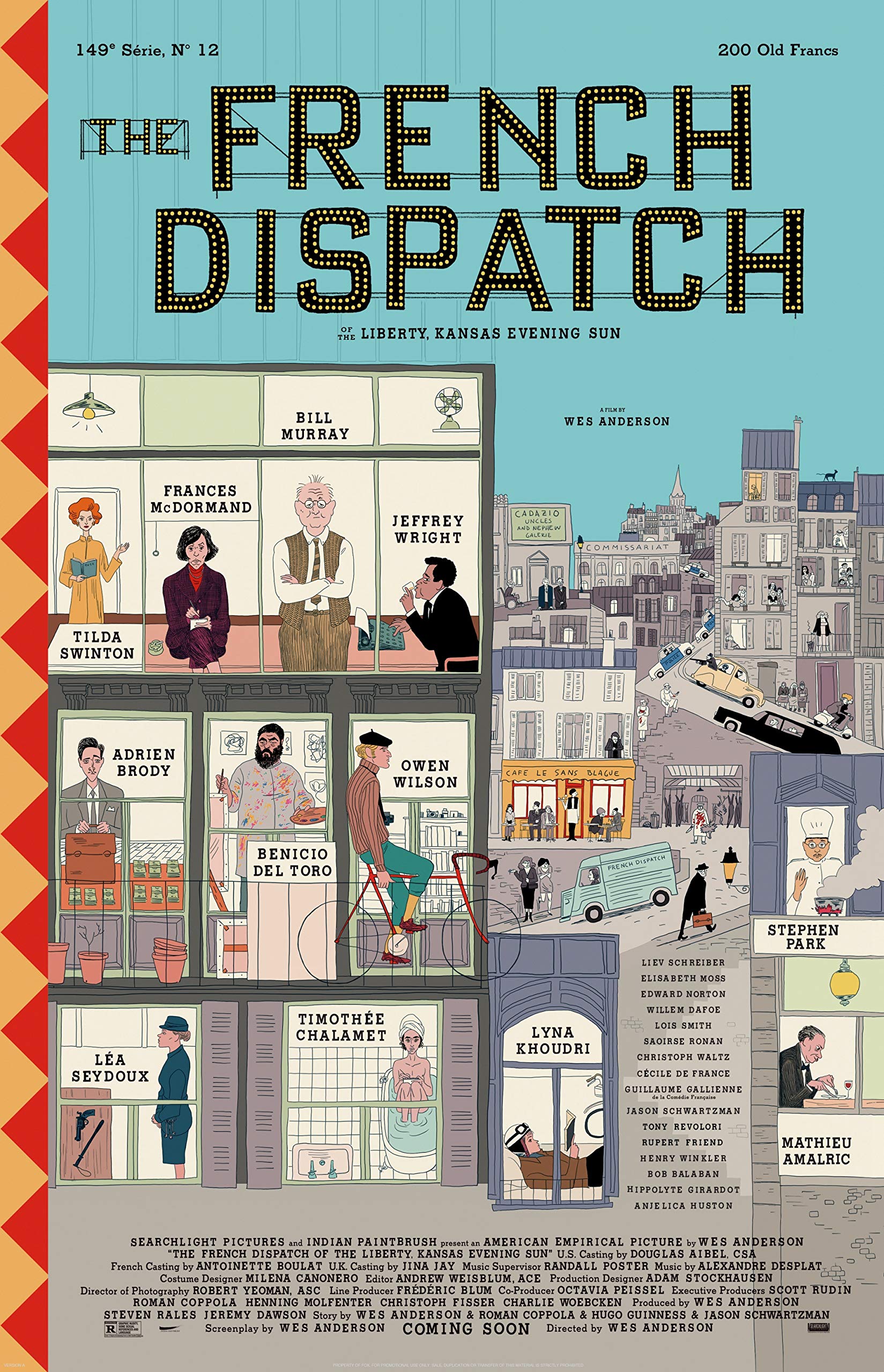The Tiger Rising
Posted on January 17, 2022 at 5:46 pm
B| Lowest Recommended Age: | 4th - 6th Grade |
| MPAA Rating: | Rated PG for thematic elements, language and brief violence |
| Profanity: | Schoolyard language |
| Alcohol/ Drugs: | None |
| Violence/ Scariness: | Adult and school-age bullies, sad death of parent, fist-fight, animal shot and killed |
| Diversity Issues: | Diverse characters |
| Date Released to Theaters: | January 21, 2022 |

“The Tiger Rising” is based on the best-selling book by Kate DiCamillo, who has called it her most autobiographical book, inspired by her childhood in Florida. In it, a boy who tries to keep his feelings inside meets a girl who pushes a lot of angry feelings out so that she does not have to admit how scared and sad she is.
The boy who discovers a caged tiger in the woods is Rob Horton (Christian Convery), who lives in a run-down motel with his father, following the devastating loss of his mother. Flashbacks show how close they were and how much she supported his gifts as an artist. He is bullied at school and the only person he has to talk to is the motel maid, Willie May (Queen Latifah, who also was a producer on the film).
Rob has developed an itchy, stress-related skin condition and the principal has sent him home until it clears up. As he goes for a walk in the wooded area across from the motel, a raindrop falls on his cheek, reminding him that when he cried at his mother’s funeral he father was harsh: “There’s no point in crying. It ain’t going to bring her back.” Rob Sr. (“True Blood’s” Sam Trammel) is struggling, working as a handyman in exchange for their room at the motel, still grieving himself and ashamed of not doing a better jog of caring for his son. And he is dealing with his own bully, the motel’s owner, Beauchamp (Dennis Quaid). So Rob and his father barely speak to each other.
There is a new girl in Rob’s class at school. Her name is Sistine, “like the chapel.” And she is played by the terrific Madalen Mills of “Jingle Jangle,” perfect for the lively, outspoken Sistine, who has no problem verbally or physically confronting bullies or telling other people what to do. She insists that she will only be in Florida for a few weeks because her father will be coming to get her. Like Rob, she has found herself alone with the parent she was less close to, and her bluster is not as effective at hiding her fear and sadness as she wants it to be.
The tiger belongs to Beauchamp, and he hires Rob to feed it, warning him not to tell anyone. But Rob brings Sistine to see it, and she is immediately determined to set it free. Rob is not so sure.
Writer/director Ray Giarratana has a background in special effects on films like “The Life Aquatic” and “John Wick 3,” and the effects here are exceptionally well done, from the tiger, magnificent in fur and muscle and movement to the subtle animation of Rob’s drawing. It lends a touch of magic that both softens some of the harsher material and helps keep us inside the children’s point of view. Thought their eyes we see that sad and scary things happen. But being honest and finding a way to help each other is what keeps us going.
Parents should know that this movie includes a very sad death of one parent and a description of another parent leaving after and affair. There are adult and child bullies with some schoolyard and rude language. Characters fight and an animal is killed with a gun.
Family discussion: What would you do about the tiger? Why does Sistine call Willie May a prophetess?
If you like this, try: “Hoot,” “The Water Man,” and “A Dolphin Tale”

